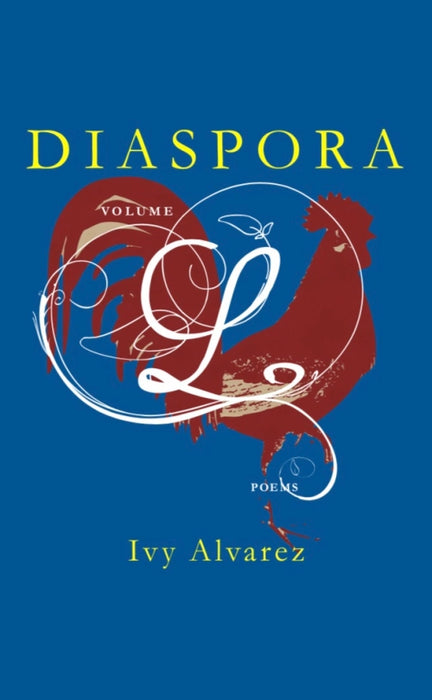
Ivy’s concept of reclaiming and engaging past and current Tagalog idioms, and re-defining them creatively using poetry, is invaluable given that Tagalog has been standardized and/or code-switched owing to purism, systematic drifts, and recent migrations. For example, “Lígaw-tingín” (courting look), a colloquial phrase most likely popularized before the Fourth Republic, has become an elevated literary idiom, laden with tradition, history, and culture. “Lumang tugtugin” (literally, old music), however, is redolent of a postcolonial past, an idiom favored around the time Bienvenido N. Santos left the Philippines as a pensionado. Ivy gilds it with a rhythm that rises with belly strength:
What are these seconds you bring and sing? Can’t even remember when last I sinned. This morning? I’m full of questions. Split my belly and you’ll find ‘em, stem to stern. Around the kernel, a corner of truth, sharp as tax. When humidity burns, it’s time to get out, time to subtract myself from danger’s path, steam-rollering like a curling iron set too hot on my neck, your neck, our all-too-tender necks.
Ivy approaches her lexicographic work inventively and with absolute command of her craft, “Every sense amplified to the level of prey, skittish, almost British, endangered, barely keeping the heart at bay from one’s throat.”
